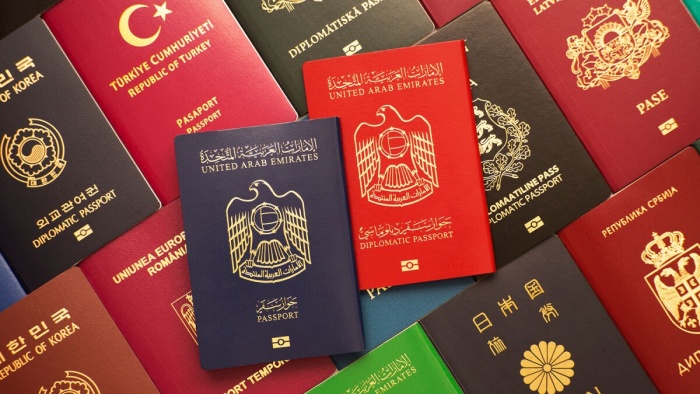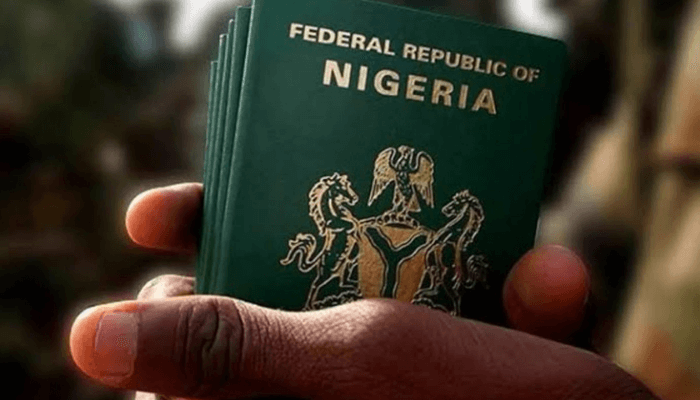The Nigerian passport reaffirms its status as one of the world’s least powerful passports, profoundly affecting the ability of its citizens to explore international prospects and actively participate in global affairs.
Possessing a passport with restricted global access poses a complex challenge for Nigerians, requiring them to navigate through a maze of visa requirements and confront limitations on international travel. Beyond influencing personal travel aspirations, these restrictions have far-reaching consequences for business engagements, educational pursuits, and global partnerships.

Nigeria doesn’t stand alone in holding the distinction of possessing one of the least potent passports globally; it shares this designation with 17 other nations grappling with similar constraints.
As per the 2024 Henley Passport Index, provided by the International Air Transport Association (IATA), here are the 17 countries with the world’s least powerful passports in 2024.
Afghanistan
Topping the list as the world’s least powerful passport in 2024 is Afghanistan, granting only 28 countries’ visa-free access. Ongoing geopolitical and security challenges significantly hinder Afghan citizens’ international travel.
Syria
Closely following with visa-free access to 29 countries, Syria grapples with the consequences of prolonged conflict, imposing severe limitations on its citizens’ global mobility.
Iraq
Struggling with political instability and security concerns, Iraq offers visa-free access to 31 countries, restricting the international travel aspirations of its citizens.
Pakistan
With visa-free access to 34 countries, Pakistan contends with geopolitical tensions and security issues constraining its citizens’ global mobility.
Yemen
Providing visa-free access to 35 countries, Yemen faces the repercussions of conflict and instability, further limiting its citizens’ international travel options.
Somalia
Confronting political unrest and security challenges, Somalia has visa-free access to 36 countries, contributing to constraints on its citizens’ international mobility.
Libya, Nepal, and Palestinian Territories
Sharing the seventh position, Libya, Nepal, and the Palestinian Territories offer visa-free access to 40 countries, dealing with unique challenges stemming from political instability, conflict, and geopolitical complexities.
Bangladesh, North Korea
Occupying the eighth spot, Bangladesh and North Korea provide visa-free access to 42 countries. Though the reasons differ, both nations grapple with diplomatic challenges that limit the international travel options for their citizens.
Eritrea, Sri Lanka
Offering visa-free access to 43 countries, Eritrea and Sri Lanka face distinct challenges. Eritrea’s diplomatic isolation and Sri Lanka’s historical issues contribute to constraints on the global mobility of their citizens.
Iran, Lebanon, Nigeria, and Sudan
Closing the list with visa-free access to 45 countries, Iran, Lebanon, Nigeria, and Sudan share the tenth position. Each nation contends with unique geopolitical challenges, influencing international travel opportunities for their citizens and highlighting the nature of global diplomatic relations.


